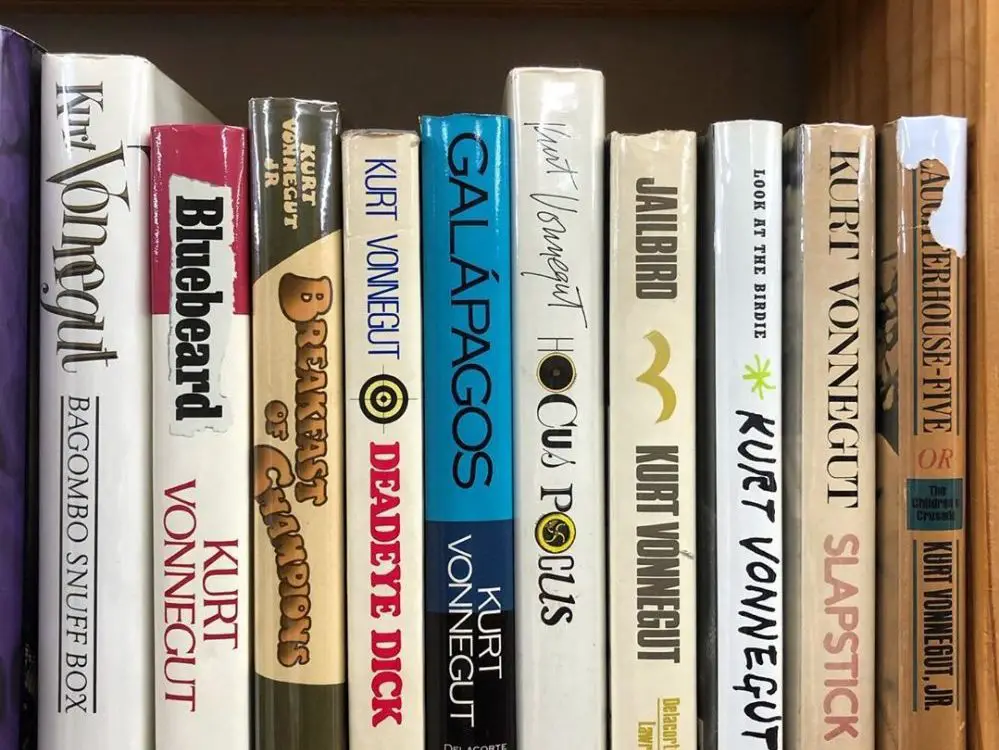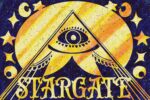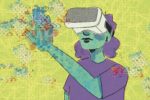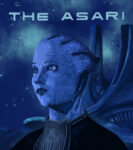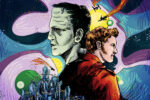Even though many states have begun to relax restrictions, at least partially, in response to economic pressures and angry protestors, many of us remain shuttered in our homes in hopes of avoiding the virus that continues to rage across the country.
As many colleges let out and we settle into month three of quarantine, boredom and loneliness run rampant as well. We are all searching for new escapes from this timeline, and there are none better than the books of Kurt Vonnegut.
Vonnegut, born in 1922, lived through perhaps some of the most tumultuous times in human history, his boyhood uprooted and destabilized by the Great Depression, his early adulthood dominated by World War II and his later life complicated by the breakdown of his family, as well as the Korean War and the Vietnam War. It’s no wonder that his writing is often characterized by the literary world as being deeply pessimistic — but there’s more to it than that.
Vonnegut’s novels, although mostly based on this Earth to some degree, play with the idea of alien races, alternate timelines and all forms of whimsical science fiction metaphors. In his most famous, “Slaughterhouse-Five” — which I highly, highly recommend — Billy, the main character of the novel, comes into contact with the alien race Tralfamadorians, and as a result, becomes “unstuck in time.” Vonnegut spends the rest of the novel jumping from one phase of Billy’s life to another, focusing mostly on his time spent as an American soldier during World War II.
Despite the weighty anti-war message of the book, the offbeat manner in which it’s presented, with Vonnegut’s strongly sarcastic voice centering the reader as all manner of eccentric chaos ensues, creates an enjoyably wild romp that is sure to enthrall any reader in an alternate dimension — one in which death doesn’t matter because timelines aren’t linear anyway.
A few of Vonnegut’s later works, which are slightly less zany, may be more appropriate for less adventurous readers. “Deadeye Dick” and “Jailbird” both follow the life trajectory of fictional characters as absurd event after absurd event wrack these seemingly hapless characters. Vonnegut narrates it all with a pointed clarity that guides the reader toward his larger themes — the vices of consumer culture, perhaps, or simply the principle of being kind to others. As we catch a glimpse into the minds of these characters, we chart Vonnegut’s own thoughts.
The inevitability of death is ever-present in Vonnegut’s stories, which might be uncomfortable for many readers at the moment. At the same time, he handles the subject delicately and almost poetically, showcasing life as it is — a short, but joyous blip in the universe in which we can do whatever we please. As he wrote in his last novel, “Timequake,” “Listen: we are all here on Earth to fart around. Don’t let anybody tell you any different!”
In that respect, although Vonnegut’s writing can be deeply pessimistic, it’s also brimming with exactly the kind of optimism we need right now — the kind that compels us all to believe that change is possible, simply through the kindness of others. As the world as we know it falls down around our ears, we should face this crisis as Kurt Vonnegut might have: with humor, a cynical brand of optimism, and a great capacity for the appreciation of the worst and best of humanity.
You might think with all this talk of grand themes and existential questions that Vonnegut’s writing would be difficult to read. Au contraire, my friend. The author always keeps it simple, with short, punchy sentences littered with profanity and exclamation points. Reading his writing can sometimes feel as if you’re talking to your crackpot great-uncle who somehow, despite everything that he’s experienced, holds a great zest for life. Some of his metaphors may be a little strange and obscure, yes, but the great majority of his work is comprehensible to just about anyone. Vonnegut’s prose is so comfortable for the average reader that there has been discussion over whether his work is literature or not — with the assumption that because prose is simplistic, it has no literary value, which is, of course, false.
Kurt Vonnegut has never adhered to the literary rules, fusing autobiography with science fiction while providing statements about the nature of life itself. Certain characters appear again and again in his work, the most notable being Kilgore Trout, his serial science fiction-writing alter ego that servers as a mouthpiece for the novelist’s ideas for science fiction short stories that will never be published. Vonnegut often disregards linear timelines and presents us with a mess of scenes in which he is the only guiding light, pulling us along by the hand to present us with his various imaginings. Though Vonnegut was clearly a product of his time, and also clearly influenced by other writers — Jorge Luis Borges, anyone? — his work still explodes with a creativity and an artistry that is definitively his.
Whether you remain quarantined or not, Kurt Vonnegut’s novels are essential reading. He will change the way you think about the world, for the better. His anxieties are timeless, but so is his vibrating hopefulness. Whether you choose to read him deeply, digging up all the themes and sorting out the metaphors, or simply bask in his beautiful prose, Vonnegut is an author who will stick with you for life, whispering his revelations in your ear, encouraging you to face big, big problems head-on. No quibbling, no fear.
Although Vonnegut’s peephole closed in 2007 — so it goes — his work still lives on in the popular imagination. His novels serve as a time capsule back to the counter-culture movements of the ‘60s and ‘70s, and hearken back to the perilous times of World War II. Ultimately, his writing reminds us that although life may seem like a “crock of s—” at the moment, the world will go on to witness even more ridiculous events, and we will face them all with grace and humor and goodwill toward our fellow humans.


